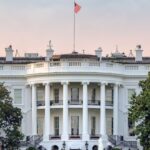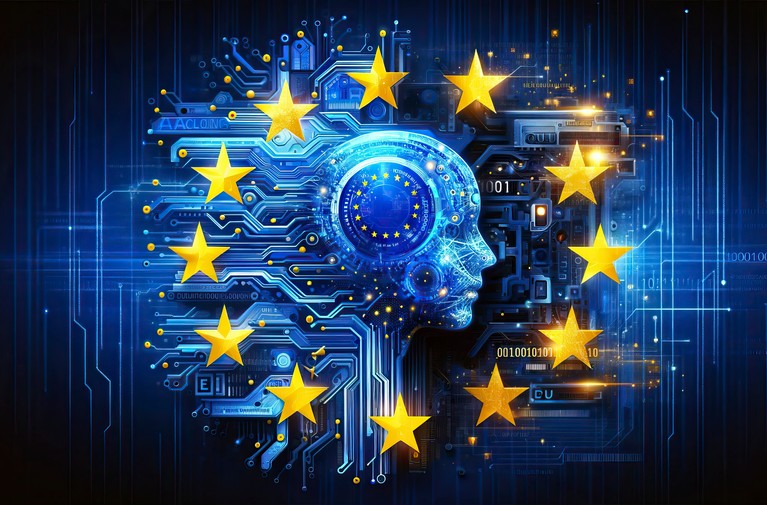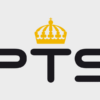Italy has made a significant move in the realm of artificial intelligence (AI) regulation by becoming the first European country to enact a comprehensive national AI law. This new legislation is in alignment with the EU AI Act and introduces stringent regulations concerning deepfakes, child protection, and sector oversight. The law has been met with both praise for its boldness and criticism for potential overreach, as well as concerns regarding the lack of independent oversight.
The legislation aims to address various challenges posed by emerging AI technologies. Notably, it establishes strict rules governing deepfake technology, which has raised ethical concerns over its potential misuse in generating misleading or harmful content. Additionally, the law emphasizes child protection, ensuring that AI applications do not infringe upon the rights and safety of minors.
Legal Perspectives on the New AI Law
Legal experts from prominent firms, including Herbert Smith Freehills, Clifford Chance, and the Italian law firm Orsingher Ortu, have weighed in on the implications of this new regulation. Some argue that while the law sets a precedent in AI governance, it could be seen as a step towards excessive regulation that stifles innovation. Critics also highlight the absence of an independent oversight body to monitor compliance, which could lead to inconsistencies in enforcement and accountability.
The discussions among these legal professionals underscore the balance that needs to be struck between fostering innovation and protecting societal interests. Finding this equilibrium is crucial, especially in the rapidly evolving landscape of AI technologies.
Broader Implications for the AI Industry
This development in Italy signals a broader trend within the European Union, where member states are increasingly focusing on the ethical and regulatory frameworks surrounding AI. By taking a pioneering step, Italy sets a potential model for other nations to follow, as they navigate the complex issues related to AI governance.
As the AI landscape continues to evolve, the relationship between regulatory frameworks and technological advancement will be critical. The Italian government’s approach could prompt discussions in other countries about how to effectively regulate AI while maintaining an environment conducive to innovation.
In conclusion, Italy’s new AI law marks a critical juncture in the regulation of artificial intelligence technologies, drawing both admiration and skepticism from various quarters. The ongoing dialogue among legal experts will be essential in shaping the future of AI governance, balancing the need for oversight against the imperative to foster creative technological solutions. As the global AI community watches closely, Italy’s experience may serve as a catalyst for similar initiatives across Europe and beyond.
See also Major Insurers AIG and Great American Exclude AI Coverage Amid Rising Risks
Major Insurers AIG and Great American Exclude AI Coverage Amid Rising Risks Experts Urge AI Literacy for Children Amid Rising Automation Risks at Adab Festival
Experts Urge AI Literacy for Children Amid Rising Automation Risks at Adab Festival Trump Pauses Executive Order to Block State AI Regulations Amid Industry Pushback
Trump Pauses Executive Order to Block State AI Regulations Amid Industry Pushback New Hampshire Schools Tackle AI-Assisted Bullying and Deepfakes with Innovative Strategies
New Hampshire Schools Tackle AI-Assisted Bullying and Deepfakes with Innovative Strategies Dataiku Reveals How AI Governance Fails Due to Inter-Departmental Handoffs
Dataiku Reveals How AI Governance Fails Due to Inter-Departmental Handoffs





































































